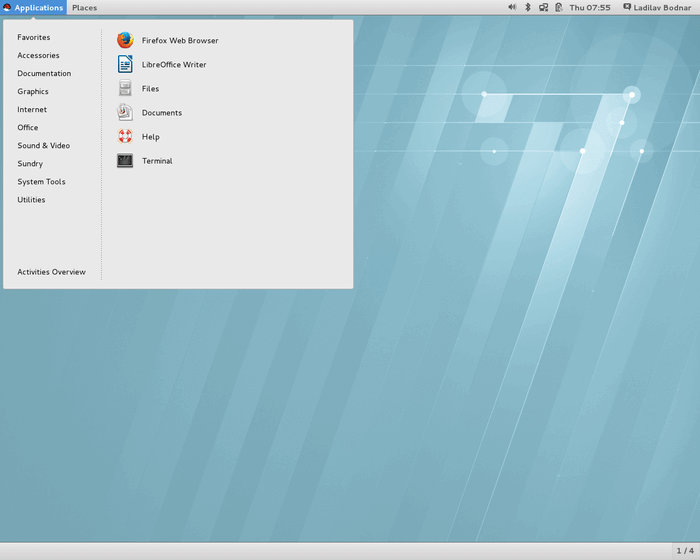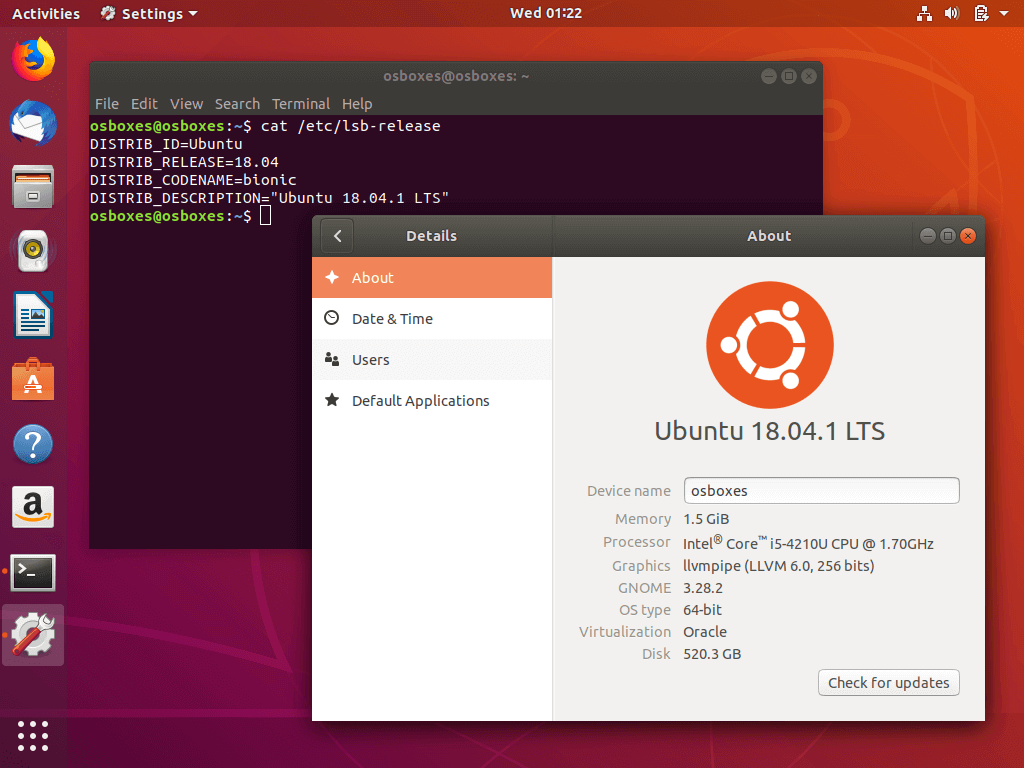Linux is free and open-source, this has emanated into the low total cost of ownership of a Linux system, compared to other operating systems. Although Linux operating systems (distributions) are not entirely doing well on desktop computers, they are commanding the stats when it comes to powering servers, mainframe computers as well as supercomputers in data centers around the world.
There are several factors attributed to this: the first and most important that you might have thought of, is the general freedom associated with it, stability, and security among others.
In this article, we will list the top 10 Linux server distributions of 2020 based on the following considerations: data center capabilities and reliability in relation to supported functionalities and hardware, ease of installation and use, cost of ownership in terms of licensing and maintenance, and accessibility of commercial support.
1. Ubuntu
Top on the list is Ubuntu, an open-source Debian-based Linux operating system, developed by Canonical. It is, without a doubt, the most popular Linux distribution out there, and many other distributions have been derived from it. Ubuntu server is efficient for building top-performance, highly scalable, flexible, and secure enterprise data centers.
Ubuntu Distribution
It offers remarkable support for big data, visualization, and containers, IoT (Internet Of Things); you can use it from most if not all common public clouds. Ubuntu server can run on x86, ARM, and Power architectures.
With the Ubuntu Advantage, you can get commercial support and services such as a systems management tool for security audit, compliance, and the Canonical livepatch service, that helps you to apply kernel fixes and many more. This is coupled with support from a robust and growing community of developers and users.
Read Also: Livepatch – Apply Security Patches to Ubuntu Kernel Without Rebooting
2. Red Hat Enterprise Linux (RHEL)
Second on the log is Red Hat Enterprise Linux (RHEL), an open-source Linux distribution developed by Red Hat, for commercial use. It is based on Fedora, which is a community-driven project: a great deal of software that is available on RHEL is first developed and tested on Fedora.
Red Hat Enterprise Linux
RHEL server is a powerful, stable, and secure software for powering modern data centers with software-oriented storage. It has amazing support for cloud, IoT, big data, visualization, and containers.
RHEL server supports x86, x86-64, Itanium, PowerPC, and IBM System z machines. The Red Hat subscription enables you to get the latest enterprise-ready software, trusted knowledge, product security, and technical support from engineers.
3. SUSE Linux Enterprise Server
SUSE Linux Enterprise Server is an open-source, stable, and secure server platform built by SUSE. It is developed to power physical, virtual and cloud-based servers. It is well suited for cloud solutions with support for visualization and containers.
#linux distros #linux distros


